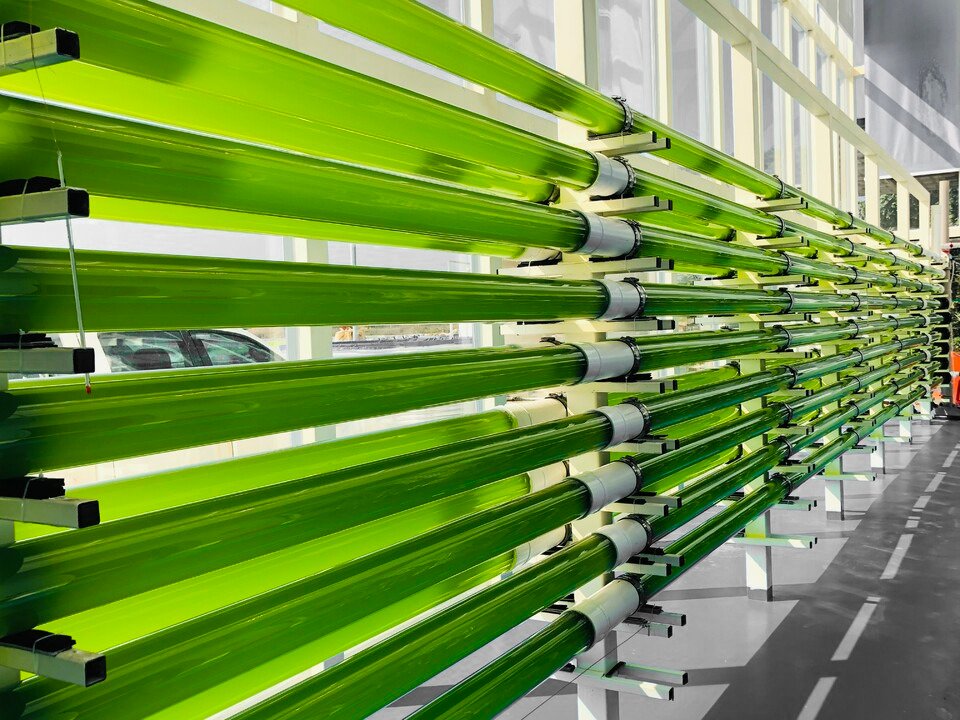
Kerone Engineering Solutions Ltd. is a pioneer in the design, development, and manufacture of advanced algae bio refinery plants. Our company is at the forefront of the green revolution by utilizing algae’s incredible potential to transform industries and deal with environmental problems. Our main goals are resource efficiency and sustainability.
We design and create a wide variety of adaptable algal bio refinery systems at our modern manufacturing facilities, each one specifically made to satisfy the individual requirements of our clients. These systems are designed to efficiently extract important biomass, lipids, proteins, and bioactive substances from a wide range of algae species, including microalgae and microalgae, for a number of uses.
An algal bio refinery is a ground-breaking method for the sustainable use of resources, utilizing algae’s amazing capacity to produce a wide range of worthwhile goods and address environmental issues. Fundamentally, this novel idea makes use of the robust development and adaptability of numerous microalgae and microalgae species. By utilizing carbon dioxide and sunshine to create biomass that is rich in lipids, proteins, carbohydrates, and other bioactive substances, these organisms behave as nature’s solar-powered factories.
The main goal of an algal bio refinery is to extract and refine these components from algae into a variety of high-demand commodities. One of the main uses is the creation of biofuels, specifically biodiesel and bioethanol, which are obtained from algal oils and carbohydrates, respectively. These biofuels act as greener substitutes for fossil fuels, reducing greenhouse gas emissions and improving energy sustainability.
Algae bio refineries excel at producing a wide range of co-products with many industrial uses in addition to biofuels. Algal proteins can be used as a sustainable source of animal feed, releasing pressure on traditional agriculture and minimizing its environmental impact. Algae are used in nutraceuticals, nutritional supplements, and functional foods to improve human health and wellbeing. Their wide variety of bioactive chemicals, such as antioxidants, pigments, and omega-3 fatty acids, have also led to their use in algae.
Algae are crucial to environmental sustainability because of their potential to collect and remove contaminants from wastewater and carbon dioxide from industrial processes. Bio refineries have the ability to drastically lower environmental pollutants while creating valuable biomass by combining the growing of algae with wastewater treatment facilities or industrial emissions. These diverse operations serve as an excellent example of the circular economy, which turns waste streams into useful resources.
Algae bio refineries are the perfect example of how biotechnology, sustainable farming, and environmental responsibility come together. In addition to solving urgent global issues including resource scarcity, food security, and climate change, they also support the bio economy’s development and innovation. Algae bio refineries have the potential to fundamentally alter how we think about resource use and environmental sustainability with continued study and technological development.